
An investigation by Mexican journalist Alejandra Ibarra revealed that it is not the information journalists disseminate that makes them assassination targets, but rather their roles as leaders and their stances on issues. She also argued out that Mexican officials see critical journalism as an affront and not a democratic function.
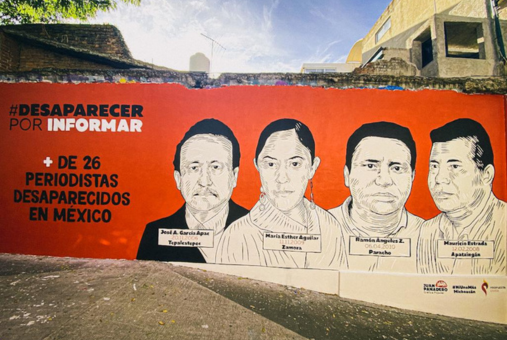
Drug trafficking, narco-politics and negligence in dealing with the disappearances of journalists contribute to the total impunity for these crimes in Mexico. Disappearances have a similar social impact to murders and are even more devastating for the families of the disappeared, Sara Mendiola, from the organization Propuesta Cívica, told LatAm Journalism Review.
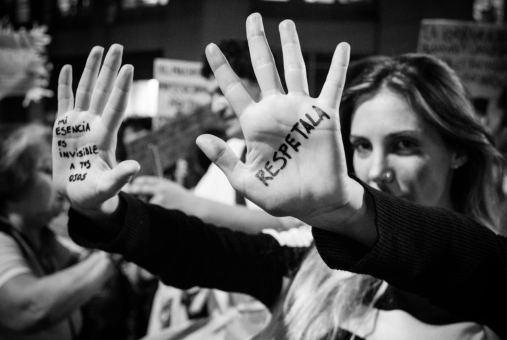
Since 2019, 13 Argentine media outlets have created the position of gender editor, which makes the country the most fertile ground in Latin America for these professionals. An unpublished survey heard from 12 of them and found they are targets of online violence with frightening frequency, and that most of them are not intimidated by the attacks.

Journalists' reputations are under attack. The study 'Not just words: How reputational attacks harm journalists and undermine press freedom' found that most journalists surveyed globally suffered reputational damage at least once a month.
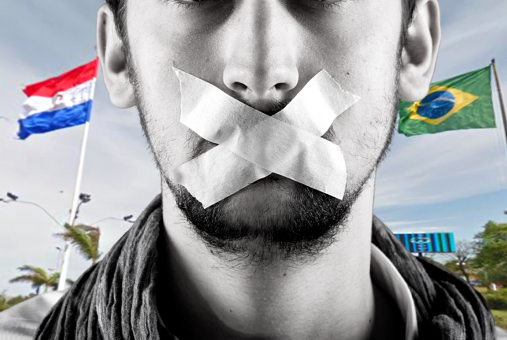
The advance of drug trafficking in the border region between Paraguay and Brazil puts journalists who report on the issue at risk. LatAm Journalism Review interviewed four reporters who told how they protect themselves from being exposed to threats from organized crime.

With the murders this month of Nelson Matus and Luis Martín Sánchez, seven journalists have now been murdered in Mexico so far in 2023, which has sparked condemnation from organizations worldwide. In Guerrero, the second most dangerous Mexican state for journalism, journalists' groups denounce impunity and demand security.
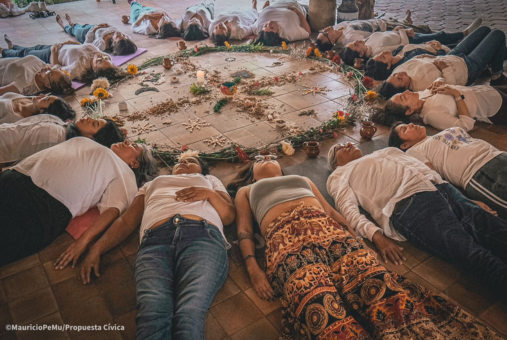
To address the relentless violence and threats against journalists in Mexico, the human rights NGO Propuesta Cívica [Civic Proposal] established the Tejidos Solidarios [Weaving Solidarity] network. This initiative employs a unique methodology to provide psycho-emotional and legal support to the families of murdered and missing journalists. Additionally, it aims to honor their memory.

The Bruno and Dom Project, led by the French organization Forbidden Stories, brought together more than 50 journalists from 16 news outlets to continue the work of British journalist Dom Phillips, who was with Brazilian Indigenous affairs expert Bruno Pereira when the two were murdered in June 2022. LJR spoke with some of the journalists involved in this collaborative effort.

In the framework of World Press Freedom Day, the Southern Voices Network and Reporters Without Borders presented annual reports on violations of freedom of expression, freedom of the press and access to information in Latin America. 2022 was a violent year with 31 murders and almost 2 thousand attacks against journalists.

The departure of two journalists from Ecuador after receiving death threats is the latest evidence of deteriorating security situation for these professionals in the country. While in exile, Karol Noroña spoke to LatAm Journalism Review (LJR) about the context, documented by civil society organizations, of the strengthening of organized crime and the inaction of the State to protect journalists.

In the panel "How to investigate corruption in the north of Mexico," part of the festival "Contra el Olvido [Against forgetting]," in the state of Tamaulipas, journalists Melva Frutos, Ana Victoria Félix, Priscila Cárdenas, and Shalma Castillo told how they face threats, lack of resources and indifference from society in their attempt to do investigative reporting on violence and corruption.
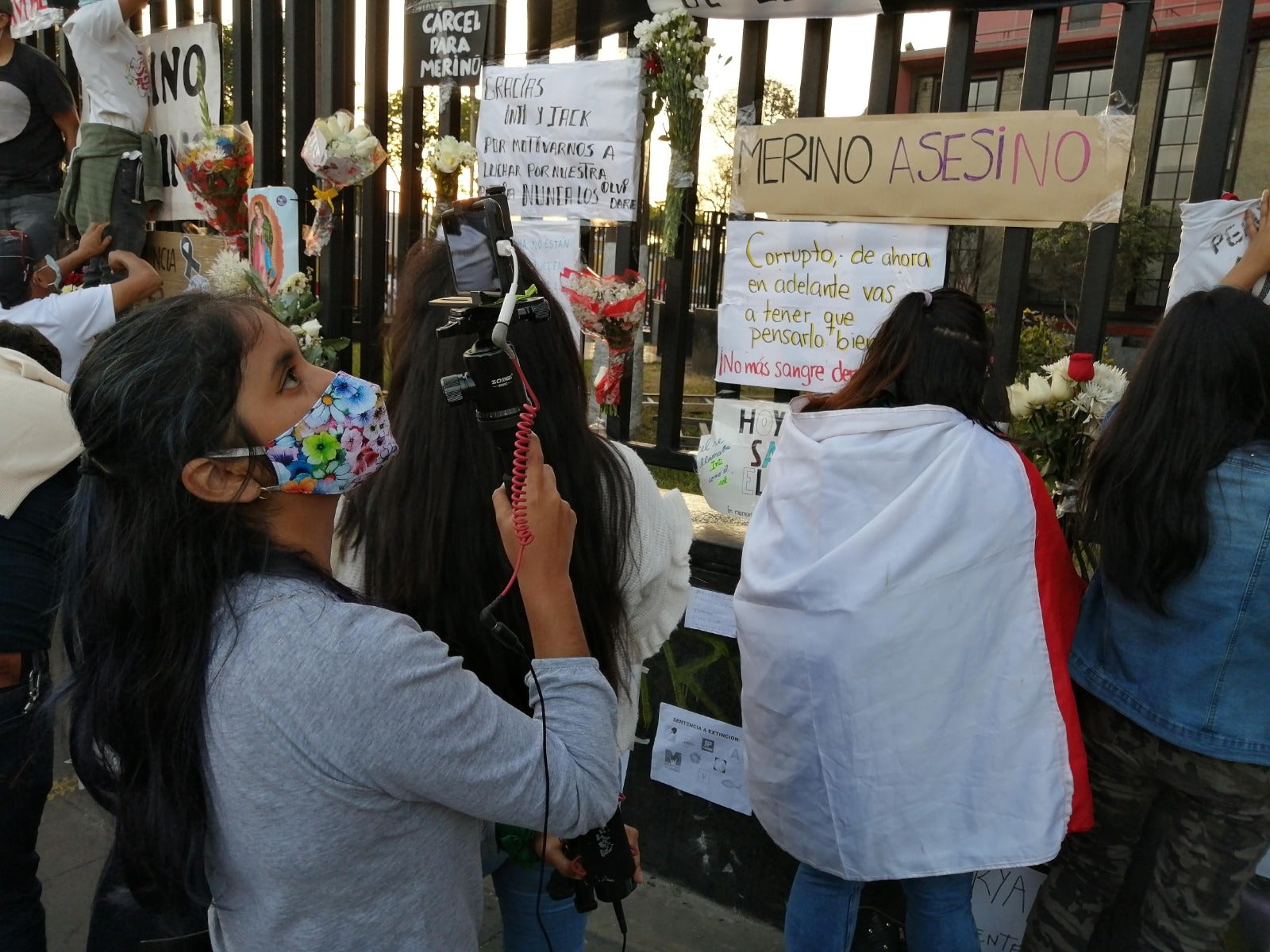
Journalists Catalina Ruiz-Navarro, from Colombia, and Graciela Tiburcio Loayza, from Peru, share personal testimonies about judicial harassment they have been subjected to for years for practicing their profession. These are the consequences of making public allegations of abuse and sexual harassment against powerful men.